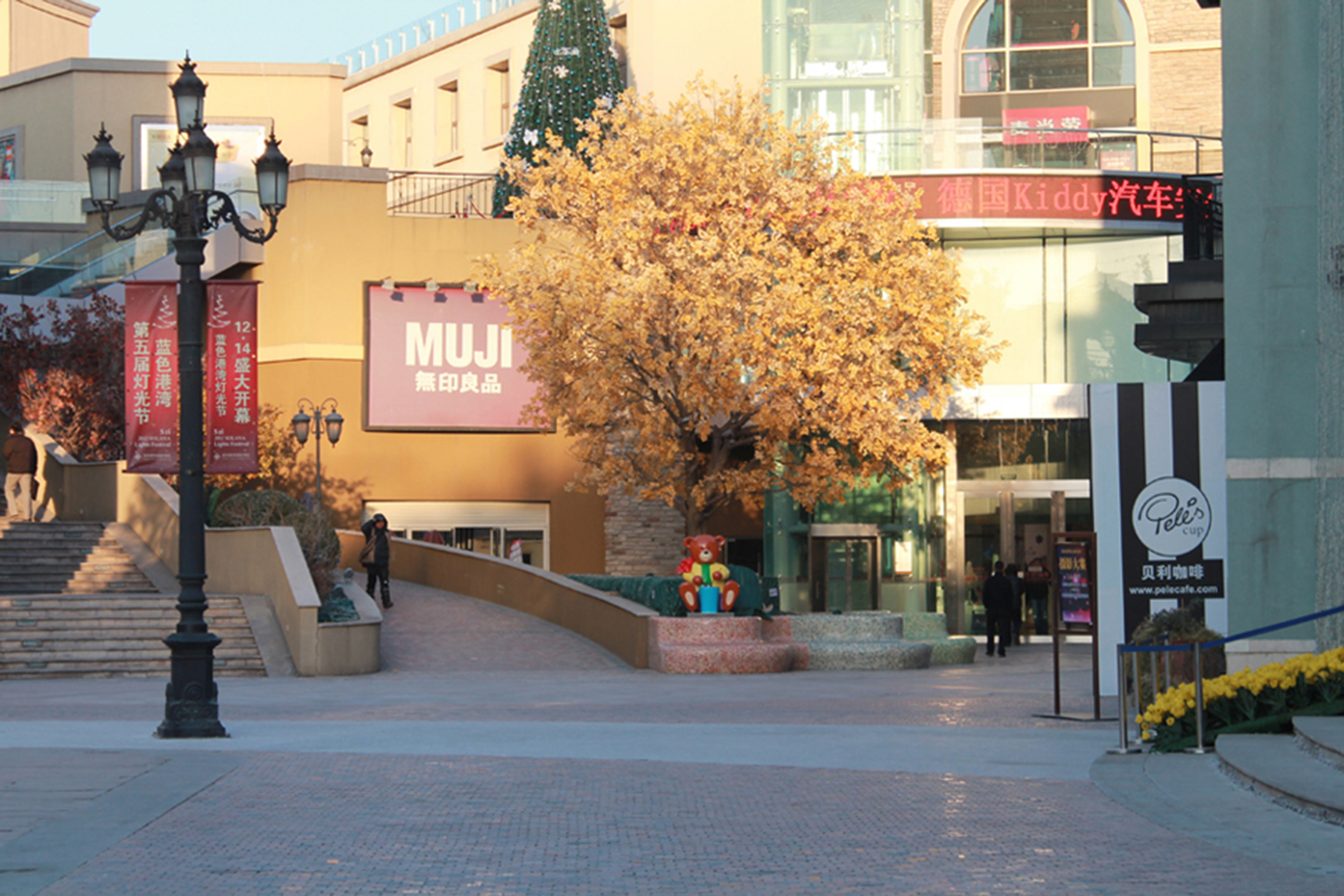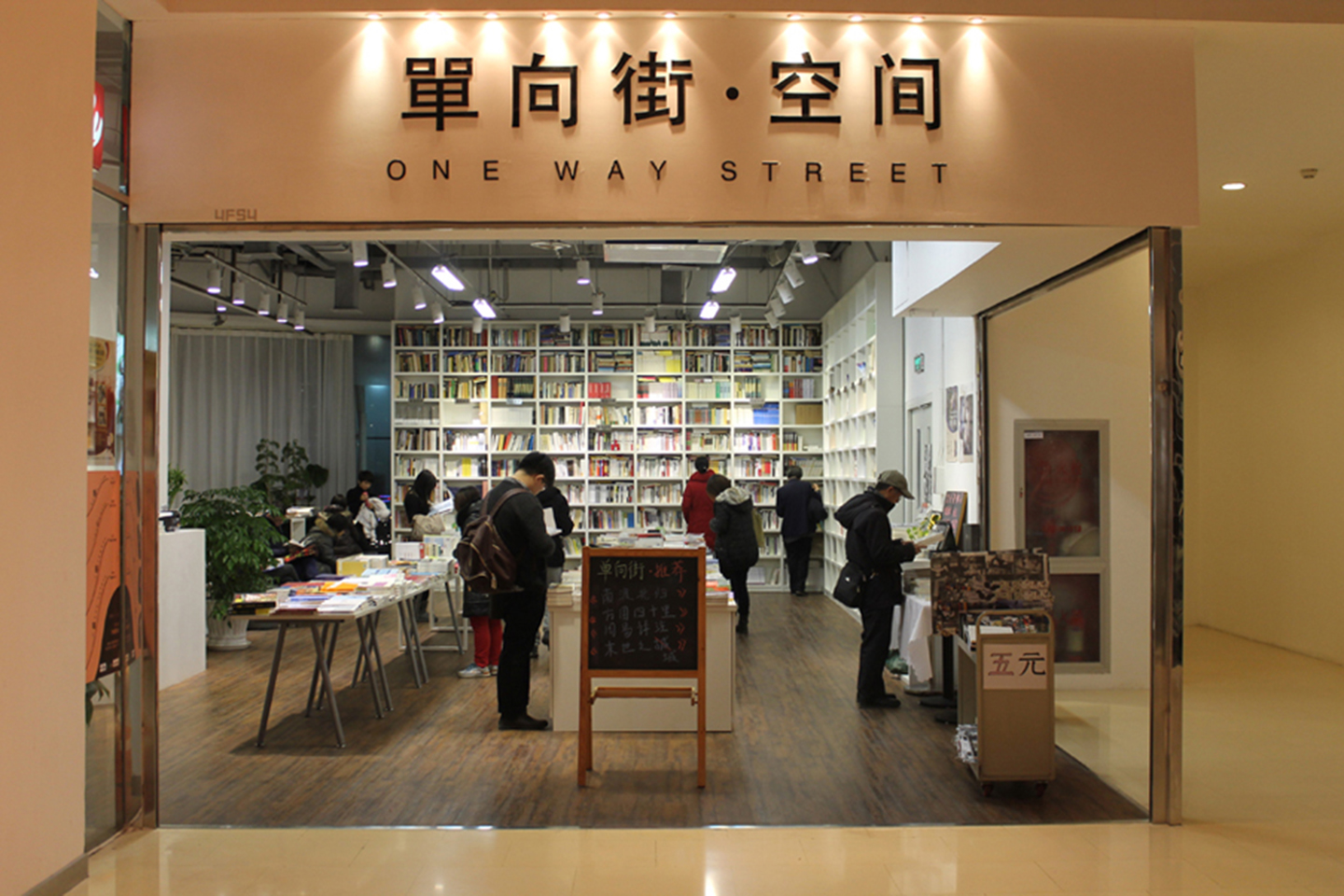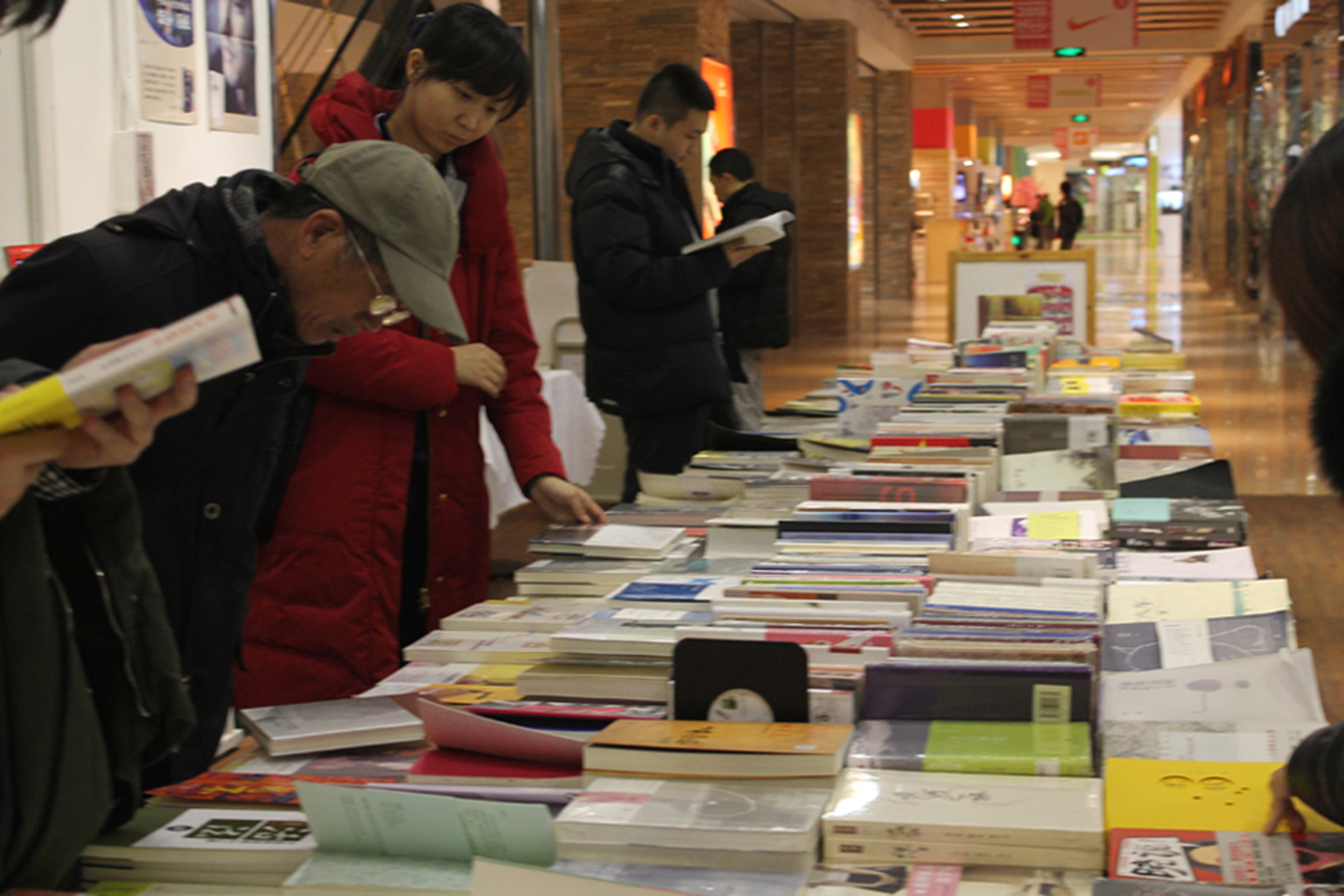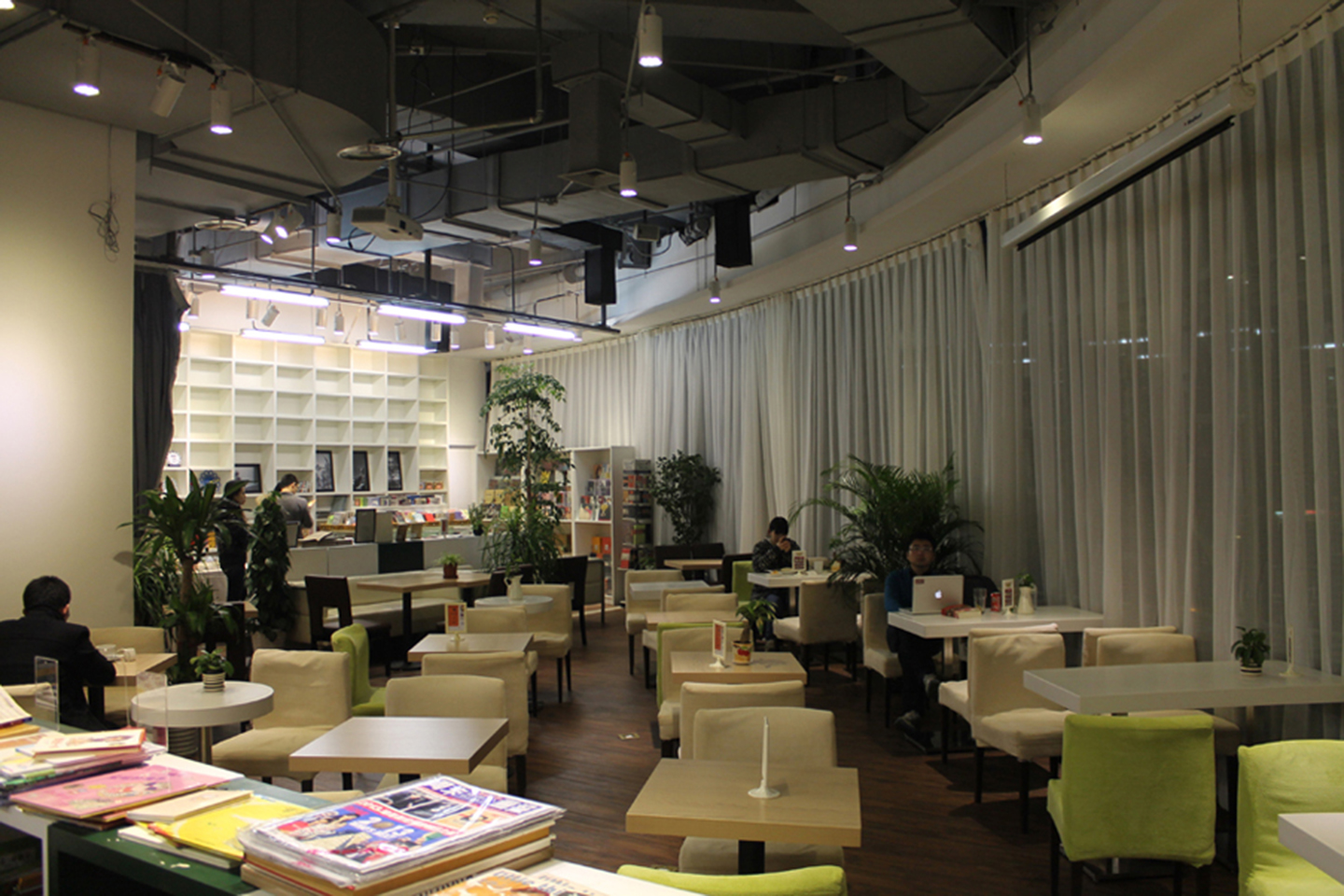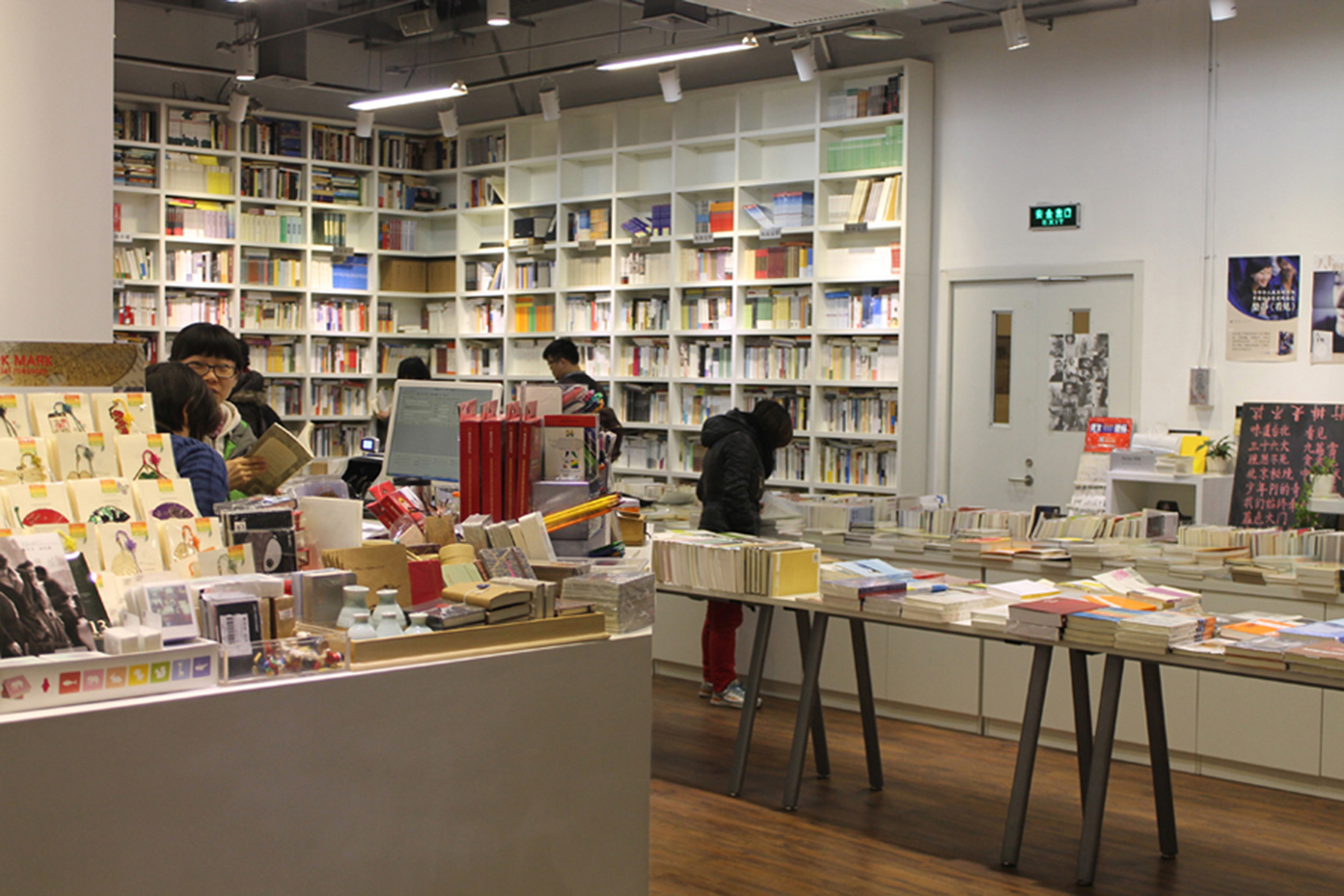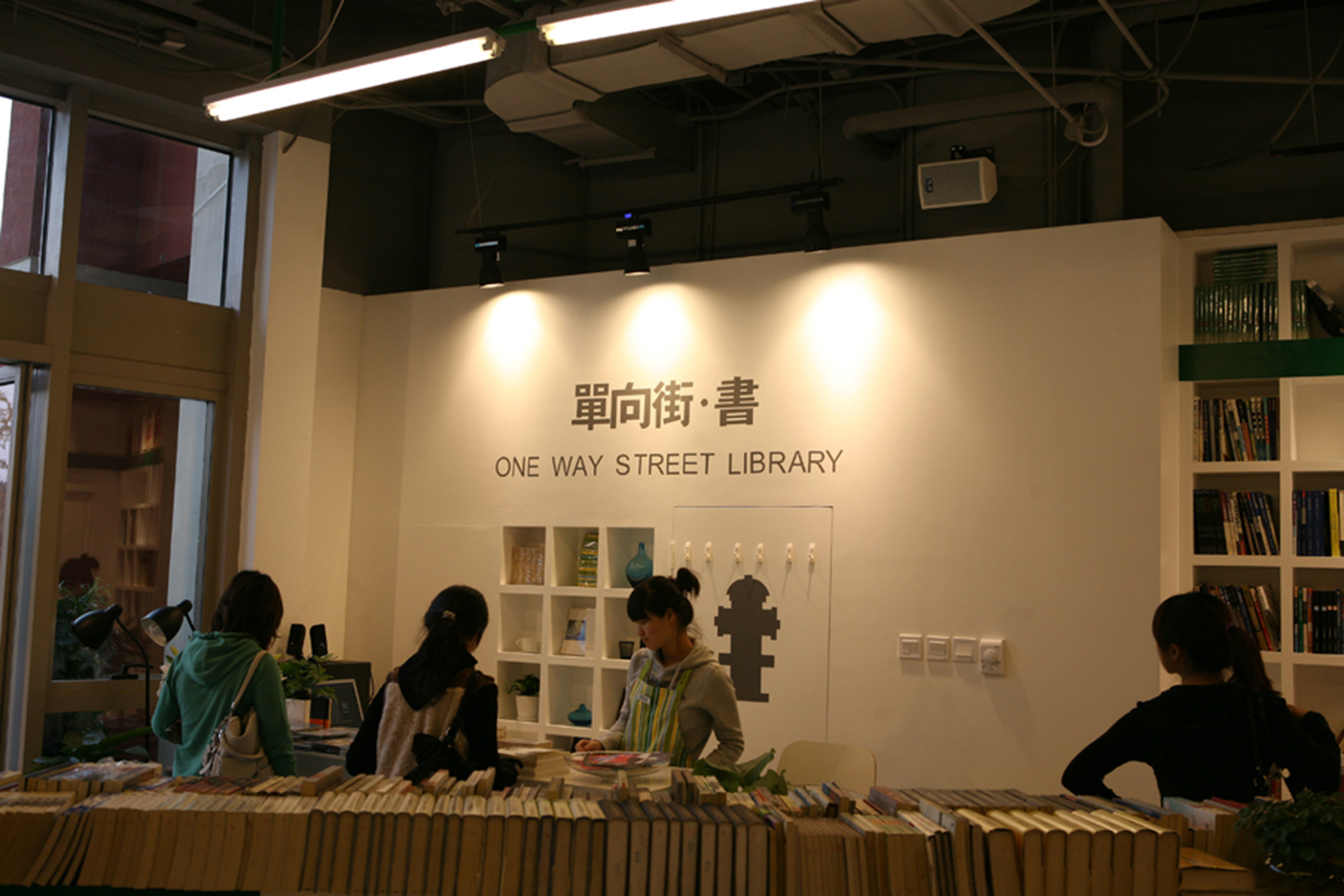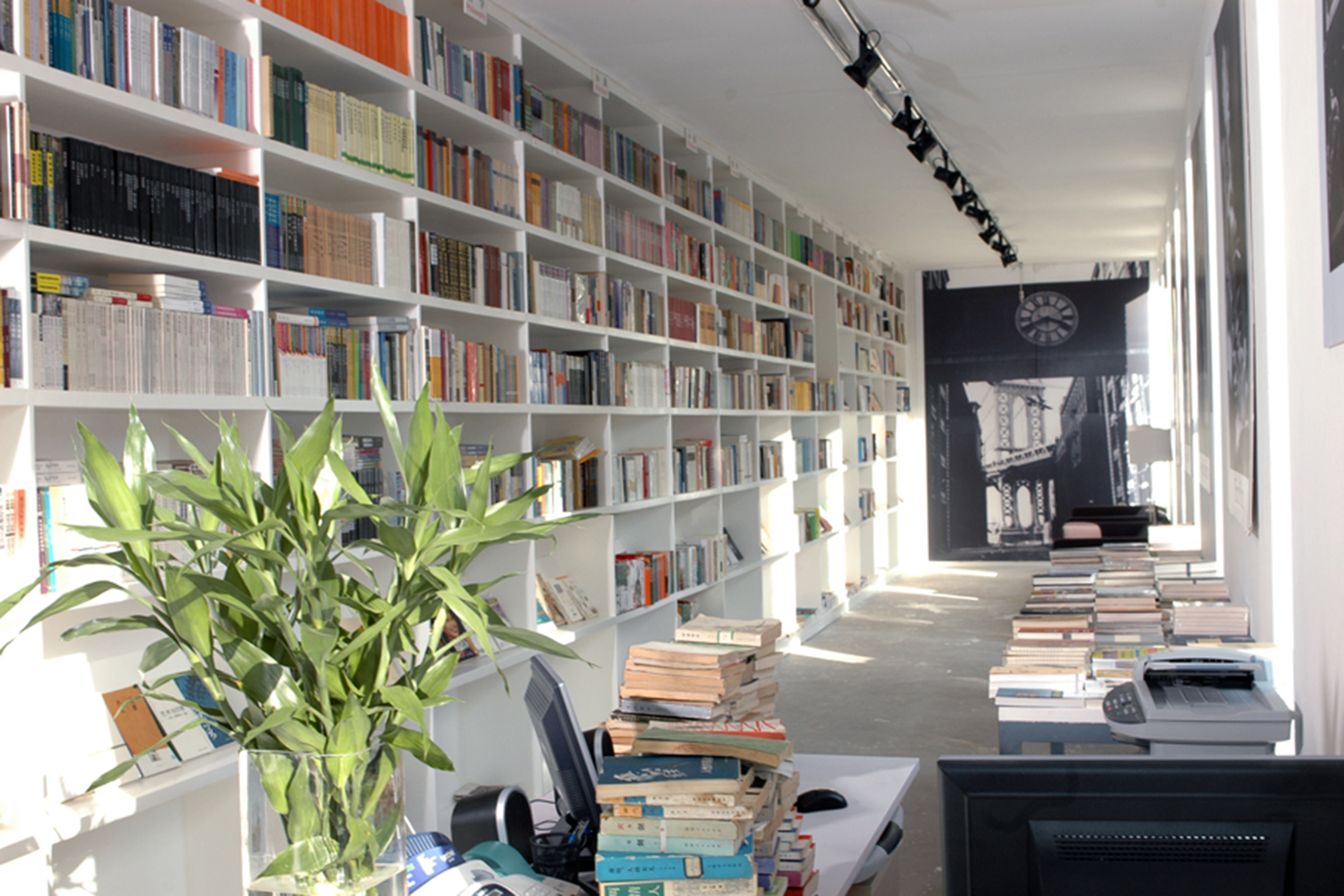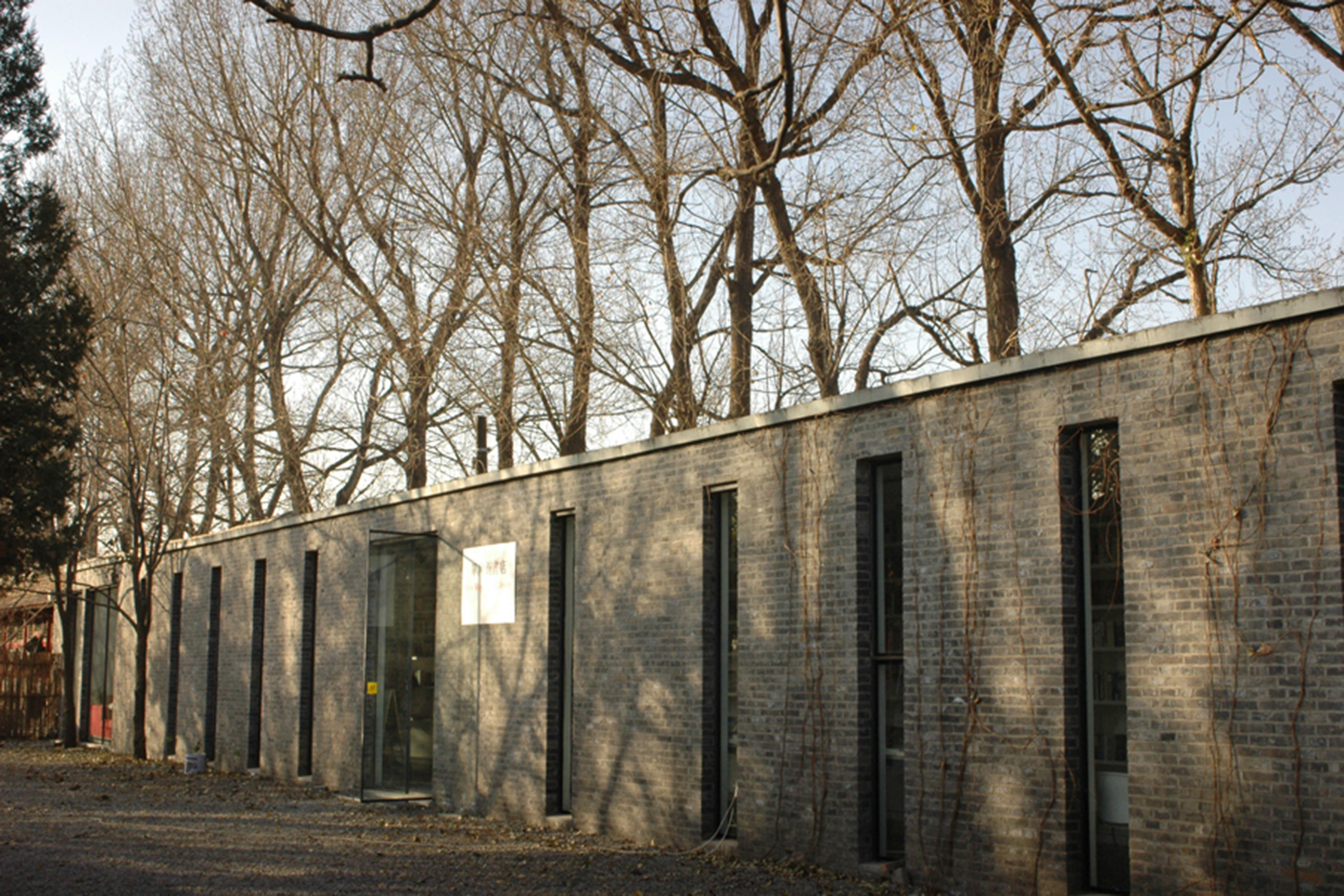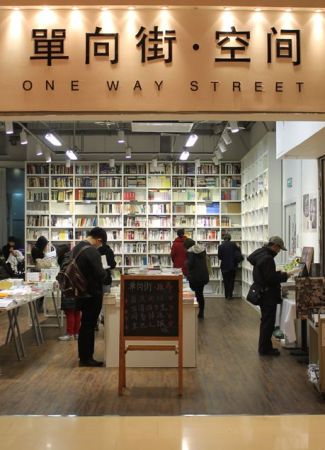Why stay in town?
One Way Street bookstore was founded by thirteen young journalists, some of them quite famous, who fundraised to secure financial support for its opening. The official opening took place on January 1st, 2006 in the Old Summer Palace, Yuanmingyuan. Their goals were very clear and simple: to build a tiny public space through books, debates, images and ideas; to give readers, especially young readers, a common platform to explore and answer their questions. Since its opening, One Way Street has put all of its efforts into raising the quality of its reading recommendations and has opened a free cultural show. It has quickly become a key location for cultural life. In October 2009, One Way Street moved to the Solana commercial center, where the library continued to be a refreshing and respected voice in the life of the Chinese public. In October 2012, the library opened in Chaoyang Joy City Commercial Center. This is not just a library, it is also a café, a publishing house, and a place for cultural shows. The original Yuanmingyuan’s One Way Street still exists in the memories of its regular visitors. Further, the project has allowed its owners to engage in a variety of other equally engaging and exciting endeavors.
Unilateral Trajectories: From the countryside to the city, from the street to the café
The history of the “One Way Street” café-bookstore is a particularly good illustration of urban inertia in China. After moving three times in six years, we could almost speak of the business as a laboratory of roaming ideas. The place actually fits with the rapid changes occurring in the capital, staying in contact with the urban and social reality of many readers of The Beijinger’s, a premier expat lifestyle and news website based in Beijing. At a conference addressing the question “Why stay in town?”, in conjunction with the project “Alternative City”, Qin Liwen retells the journey of this unique coffee shop throughout the city and the importance of such places in China’s capital.
The “One Way Street Library” café-bookstore (“单向街图书馆”) is close to 798, between the Solana Commercial Center and Chaoyang Park. This is not the place we originally chose. At first, we were inside a traditional house in Yuanmingyuan; we were hiding in a very large house at the east gate of the park. In this several hundred square-meter space, there were very large trees, and an architect had made it a very beautiful place.
Unfortunately, after two years, we realized that we were losing money because this beautiful place had a bad location and was difficult to find. Our customers were mostly students from the neighboring universities whose resources were limited. Even if we wanted to make our library a philanthropic project, we could not continue. That is why we finally decided to move to the East. Since each of the ten shareholders of the bookstore were investing a part of their salary and all of us were working in this part of town, after careful overall reflection, we decided to move the library to Solana. We were and still are the first café-bookstore in Solana.
Urban inertia
It seems important to me to ask the question: “Why stay in the city?” Where does one start? Many Chinese people of our generation have spent part of their childhood in the countryside. I, for instance, grew up in the countryside. Then my parents and many people of their generation moved one after another to the city. It is now very difficult for our generation to return to the countryside, as the attraction of the countryside has disappeared. It has become a place full of trash, polluted, where rights are constantly violated. Under these conditions, we can’t return to these rural areas, so consequently, there is no real choice.
Just as the name of our library suggests (One Way Street Library), the urbanization of China is a unilateral process; there is no other possibility than to go from the countryside to the city. When you grew up in the countryside, the best choice was to send your children to the city because social and education systems were better there. The parents, who cannot benefit from these social improvements, hope that through their efforts, their children will become citizens and obtain the fundamental privileges of modern individuals in contemporary society.
Why this desire to live downtown? In fact, there aren’t many other possibilities. Some people do settle in tourist destinations such as Lijiang, or purchase one or several houses in the countryside and stay there from time to time, but these areas are unstable. Many of my friends who made this choice told me that their house had been quickly destroyed or confiscated, and that they had therefore been forced to return to the city. That is why in China, there is no other choice but to live in the city. It has become a necessity.
Public space and freedom
How do we adapt to city life? At present, the most difficult problem in China’s urban society is individualism. We do not really have a collective space. Our space is monitored, manipulated and observed. It is completely under a pervasive power. Of course some people claim that there are lots of freedoms in China, especially if we compare the current situation with the past, 30 years ago.
There are even people affirming that we have more freedom than Westerners, because here, you can threaten to kill someone without the police coming to arrest you for just saying it. But it is a very strange kind of freedom, both very excessive and extremely limited. It’s not the kind of freedom we need. What we need is the freedom that allows normal people to define the standards of common good in a modern society, the kind that allows a conversation or a discussion to begin. In short, we need to recover a kind of normalcy. This is what our modern society hopes to find, because in the actual state of things, power is everywhere and in order to find these natural situations, one has to go through extraordinary difficulties.
The Cafe, a laboratory for ideas
In regards to new urban space and new perspectives, what our library does today is not new, but when we started, it was considered advanced. Coffee shops appeared in Turkey in the 16th century and came to Europe, and from there to North America. The first café in North America was created by a Puritan. If the café was so successful when it started in Turkey, it is because Turkey, like China, was an Eastern empire where the hierarchy was very strict: one had to bow when meeting an old man in the street.
In a coffee shop, these rules are abolished. Whether you are a merchant, a nobleman or a government officer, you are all sitting in the same place, and there is no need to bow to anyone. This equality is obviously very significant and that is why everyone wanted to go to the coffee shops. Europe followed this trend at a time when they were beginning to rediscover democracy and direct experiments in this field.
All kinds of new thinking and novel discussions took place in European coffee shops. They were the laboratories of new ideologies. As a matter of fact, this kind of coffee shop existed in China before the foundation of New China, but their prominence decreased abruptly. It was only in the 1980s that they reappeared. It was a particularly fertile period. No doubt, for most of you they’re not that new, but the most famous of them was the Sanwei library, which was at the forefront of this movement and which we all tried to imitate in our own way. After the reform and the opening, almost all influential people in a variety of diverse fields of thought gave lectures in the Sanwei library, engaging in genuine dialogues and real confrontations. What we do in our library cannot be compared to Sanwei. There are other places like ours, or like the Wansheng library or the Caihuoche library, the latter being more about art and literature. What we’re trying to do is invite influential people in the world of culture to give lectures and have discussions with the public, but the enthusiasm of these meetings and their potential impact are far from those of the 1980s, because the interests of our times are trade and private interests, particularly since the late 1990s.
The emergence of a civic debate
We founded the One Way Street Library in 2006, but it was only in 2008 that we felt a big change. 2008 was a huge turning point for the country, being deeply affected by the Olympics and the earthquake in Sichuan. Since then, our interests have shifted from trade to deeper topics like public space and politics. I feel that even the vegetable street-vendor or the small merchant is starting to be aware that politics is something directly related to them, and they are starting to discuss it. What we do at One Way Street library is pick up the thread of an interrupted discussion with a greater freedom of expression. It’s not only about politics, but we try to have a comprehensive view. Actually, it is just about politics, because simply discussing power shifts is discussing politics: politics is a very complex, multi-dimensional subject which includes culture, history, personal experiences, different conceptions of policies inherited from education, individual rights, etc.
All these things need to be explored in a multidimensional space to give people hope, because if we continue on the current path, we will come to the realization that there is no hope because this route is not sufficient. Everyone, in all layers of society, can agree with that. This problem is subject to Chinese consensus. Is a small library, a very small bookstore growing like a mushroom from a popular initiative and not out of the desire of a higher power, able to bring hope and new opportunities? We do not know. In the case of our library, if rents rise dramatically, we will be forced to move to a more remote place. But I’m sure this kind of initiative will continue. Even old ideas are renewed during each era. Our efforts to encourage more and more people to participate in and be aware of power structures in order to change things are part of the positive reasons why we live in the city.
-
2013/05/15

-
Beijing

-
Qin Liwen


the other map
Explore arrow
arrow
loading map - please wait...

